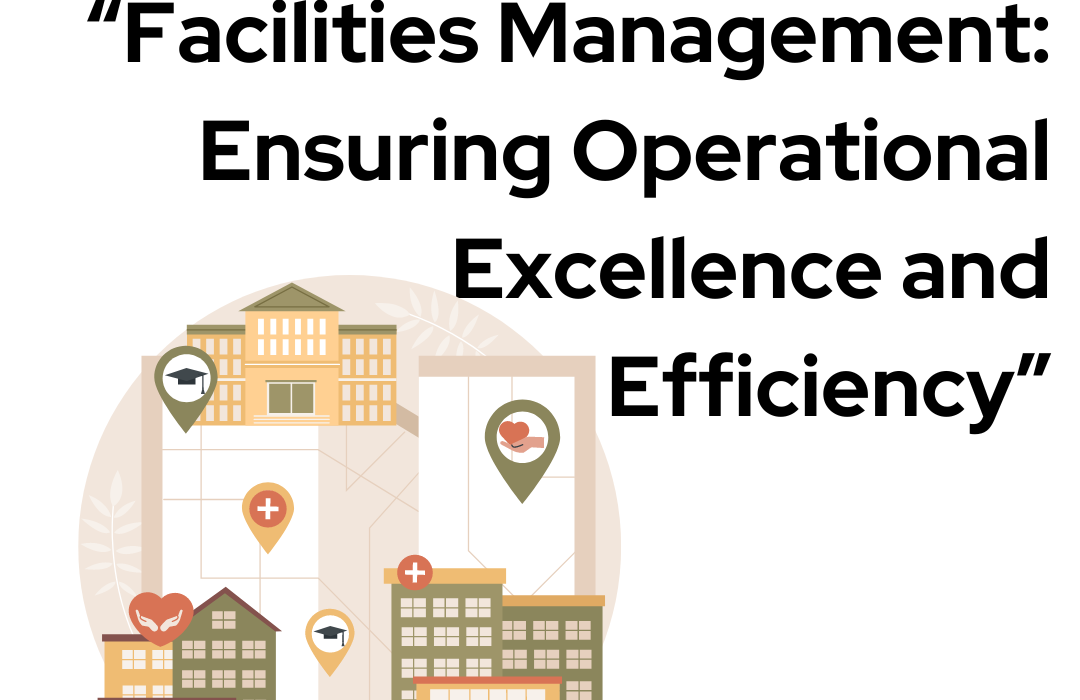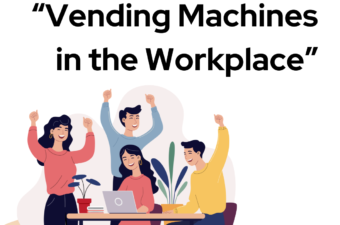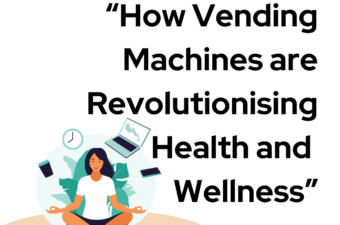
Facilities management (FM) plays a pivotal role in the catering industry, ensuring that all physical resources, equipment, and infrastructures are optimised to provide high-quality services. This blog will explore the crucial aspects of facilities management in catering, highlighting best practices and innovative solutions that contribute to operational excellence and efficiency.
Understanding Facilities Management in Catering
Facilities management in the catering industry encompasses the comprehensive maintenance and oversight of the physical environment where food is prepared, cooked, and served. This includes kitchen facilities, dining areas, storage spaces, and any other relevant areas. Effective FM ensures that these spaces are safe, clean, and efficient, ultimately enhancing the quality of service provided to customers.
Key Responsibilities in Facilities Management for Catering
- Maintenance and Repairs: Regular maintenance and timely repairs of kitchen equipment and infrastructure are essential to prevent breakdowns that could disrupt service. This includes routine checks and servicing of appliances such as ovens, refrigerators, and dishwashers, as well as ensuring that plumbing and electrical systems are in good working order.
- Health and Safety Compliance: Ensuring compliance with health and safety regulations is a fundamental aspect of FM in catering. This involves adhering to food safety standards, maintaining proper hygiene practices, and ensuring that all staff are trained in safety procedures.
- Waste Management: Effective waste management practices are crucial in catering facilities. This includes the proper disposal of food waste, recycling where possible, and ensuring that waste storage areas are kept clean and hygienic.
- Energy Management: Catering facilities consume a significant amount of energy. Effective energy management can reduce costs and minimise the environmental impact. This involves monitoring energy usage, implementing energy-saving measures, and ensuring that equipment is energy-efficient.
- Space Optimisation: Efficient use of space is critical in catering facilities. This involves the strategic layout of kitchen and dining areas to maximise workflow efficiency and ensure that staff can move and work safely and effectively.
Best Practices in Facilities Management for Catering
- Regular Inspections and Audits: Conducting regular inspections and audits of the facilities helps identify potential issues before they become major problems. This proactive approach can prevent disruptions and ensure that all equipment and facilities are in good working condition.
- Staff Training and Development: Investing in staff training ensures that all employees are aware of health and safety standards and can operate equipment correctly. Continuous development programmes can also keep staff updated on the latest best practices and technologies in the industry.
- Implementation of Technology: Modern technology can significantly enhance facilities management in catering. Digital tools for maintenance scheduling, inventory management, and energy monitoring can improve efficiency and accuracy.
- Sustainable Practices: Embracing sustainability in FM can reduce environmental impact and improve the overall efficiency of catering operations. This includes using energy-efficient appliances, reducing water usage, and implementing recycling programmes.
- Vendor Management: Effective management of vendors and suppliers ensures that catering facilities receive quality products and services in a timely manner. This involves building strong relationships with reliable vendors and regularly reviewing contracts and performance.
Challenges in Facilities Management for Catering
- Budget Constraints: Budget limitations can hinder the ability to implement necessary maintenance and upgrades. Effective FM requires careful budgeting and prioritisation of resources to ensure that critical needs are met without overspending.
- Compliance with Regulations: Keeping up with ever-changing health and safety regulations can be challenging. Facilities managers must stay informed about new regulations and ensure that their practices are always compliant.
- Equipment Lifespan and Replacement: Managing the lifespan of catering equipment and planning for timely replacements can be difficult. Predictive maintenance and lifecycle management strategies can help mitigate this challenge.
- Staff Turnover: High staff turnover can lead to a loss of institutional knowledge and disrupt operational efficiency. Investing in employee retention strategies and continuous training can help maintain a stable and knowledgeable workforce.
Innovations in Facilities Management for Catering
- Smart Kitchens: The advent of smart kitchen technology allows for real-time monitoring and control of kitchen appliances. This can improve energy efficiency, reduce waste, and enhance the overall efficiency of catering operations.
- Automated Maintenance Systems: Automated maintenance systems can schedule and track maintenance tasks, ensuring that all equipment is serviced regularly and reducing the risk of unexpected breakdowns.
- Sustainable Building Design: Incorporating sustainable design principles in the construction and renovation of catering facilities can reduce energy consumption and improve environmental sustainability. This includes using eco-friendly materials, improving insulation, and integrating renewable energy sources.
- Data Analytics: Using data analytics to monitor and analyse the performance of catering facilities can provide valuable insights for improving efficiency and reducing costs. This involves collecting data on energy usage, equipment performance, and workflow efficiency to identify areas for improvement.
Case Studies
- University Catering Facility: A large university catering facility implemented a comprehensive FM strategy that included regular maintenance schedules, energy-efficient appliances, and a robust waste management system. By integrating digital tools for monitoring and managing these aspects, the facility was able to reduce energy consumption by 20% and improve overall service quality.
- Hospital Catering Services: A hospital catering service faced challenges with compliance and equipment maintenance. By investing in staff training and implementing automated maintenance systems, the facility improved compliance rates and reduced equipment downtime, ensuring that patients received timely and high-quality meals.
- Corporate Cafeteria: A corporate cafeteria adopted sustainable practices such as using locally sourced ingredients, reducing water usage, and implementing recycling programmes. These initiatives not only reduced the environmental impact but also enhanced the reputation of the company as a responsible and sustainable employer.
Facilities management is a critical component of the catering industry, encompassing a wide range of responsibilities from maintenance and compliance to energy management and waste disposal. By adopting best practices and leveraging modern technology, catering facilities can achieve operational excellence and efficiency, ensuring that they provide high-quality services to their customers. Embracing innovations and sustainable practices will further enhance the effectiveness of FM, contributing to a more sustainable and efficient catering industry.




